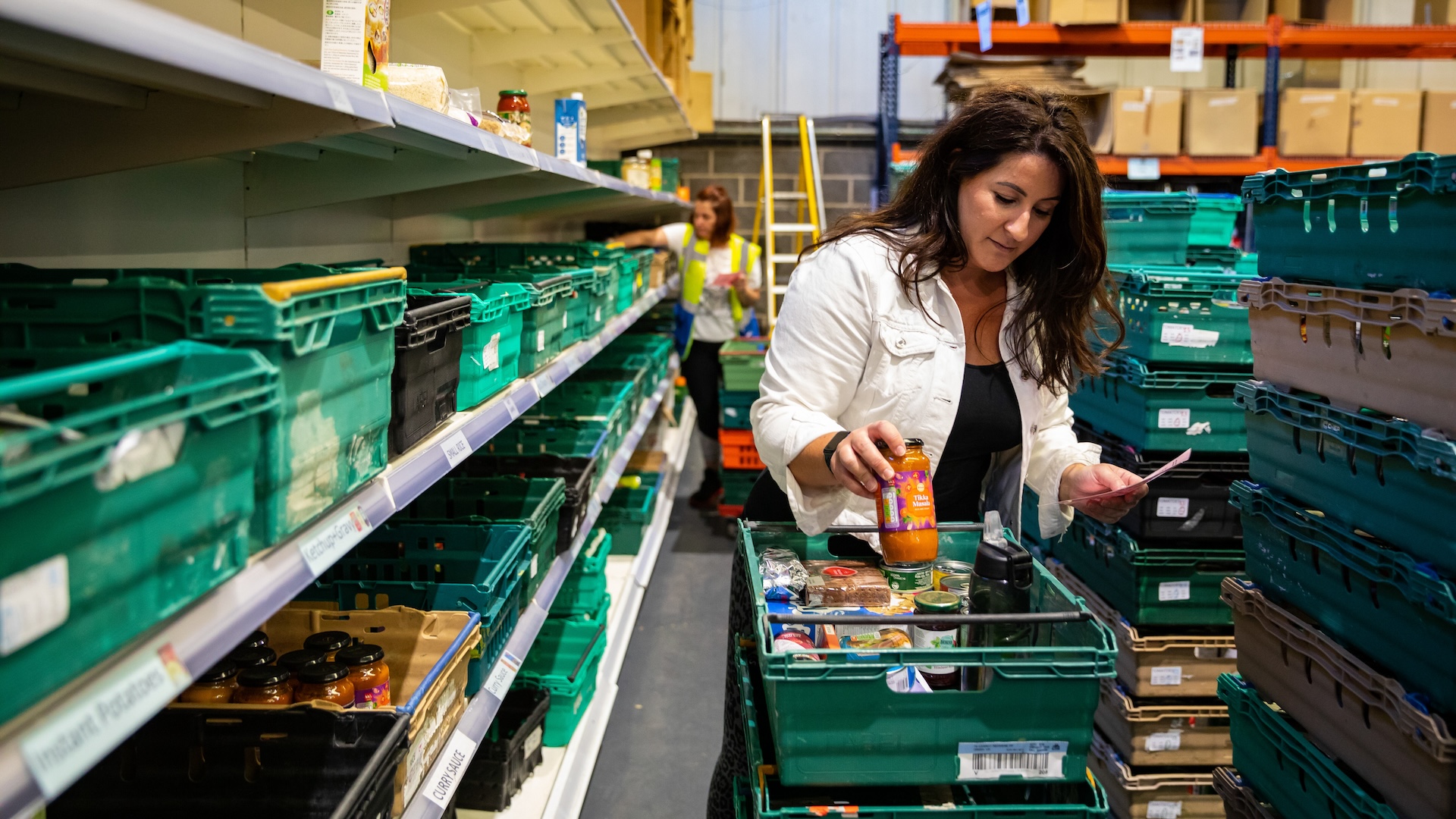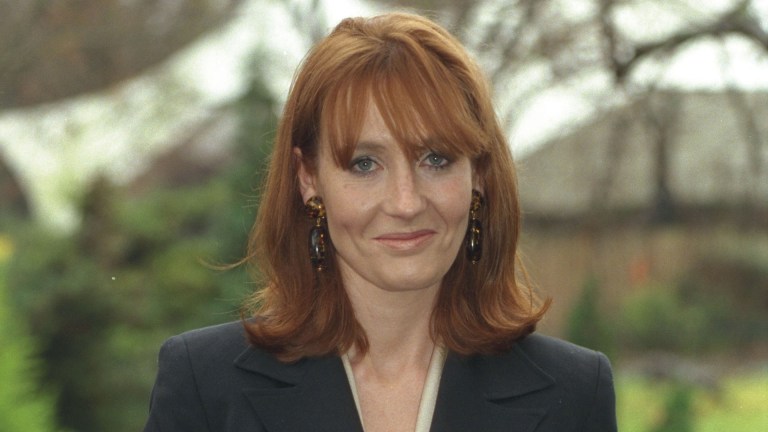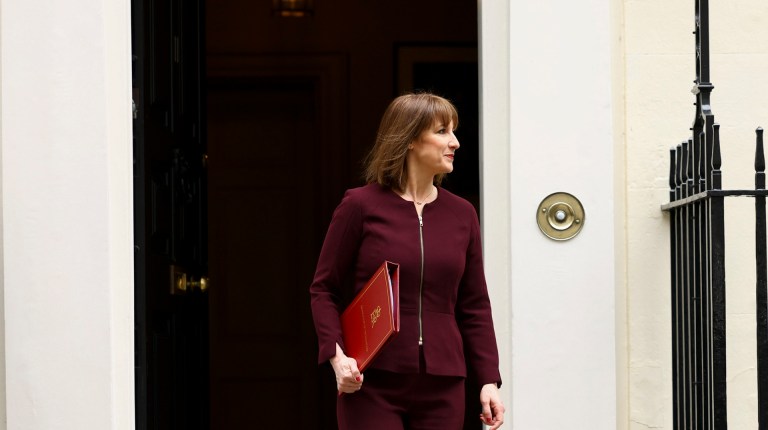Coming into 2024, Trussell reported a record high number of emergency food parcels had been distributed to people facing hunger across the UK. Between April 2023 and March 2024, food banks in Trussell’s community distributed an eye-watering 3.1 million emergency food parcels. Devastatingly, this was not sudden or unexpected – in fact, the number has almost doubled over the last five years, as we are seeing more and more people struggling to afford the essentials.
Over the year, the economy began to slowly return to a more normal state, with inflation falling to below 2% in September, but food bank need stayed close to these record levels. This is deeply worrying, suggesting that the economy’s ‘new normal’ is baking in unprecedently high levels of hunger and hardship, when there is nothing normal about people not having enough money to live on.
A seismic political shift in the middle of the year saw Labour come into government, having committed to end the need for emergency food in its manifesto. In its first few months the new government took positive first steps in the King’s Speech and budget to help people facing hunger and hardship. But big decisions about reforms to universal credit and disability benefits were deferred to 2025, and there was a studied silence about the urgent need to invest in social security to protect people from hunger and hardship.
- ‘This cannot go on’: Hundreds of thousands of people turning to food banks for the first time
- Ghosts star Charlotte Ritchie: ‘It’s a tragedy people can’t afford their essentials’
To move forward the government needs to set out a clear plan for how it plans to end the need for emergency food in the UK. Reforms to workers’ and renters’ rights, employment support, public services and community infrastructure are all important parts of this.
But investment in social security must be at the heart of the plan. There is no route to reversing the tide of hunger and hardship, or significantly reducing the numbers of people being forced to turn to a food bank without this crucial action. In fact, the government risks seeing hardship worsen on its watch unless it improves the design and adequacy of social security.
Trussell’s recent research found that at least 9.3m people are facing hunger and hardship in the UK, a third of whom are children. This represents an increase in the number of people facing hunger and hardship of more than a third compared to 20 years ago.










